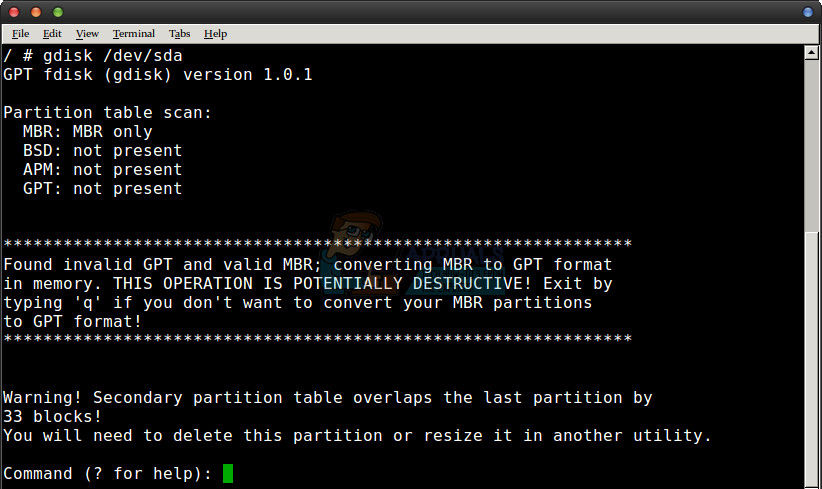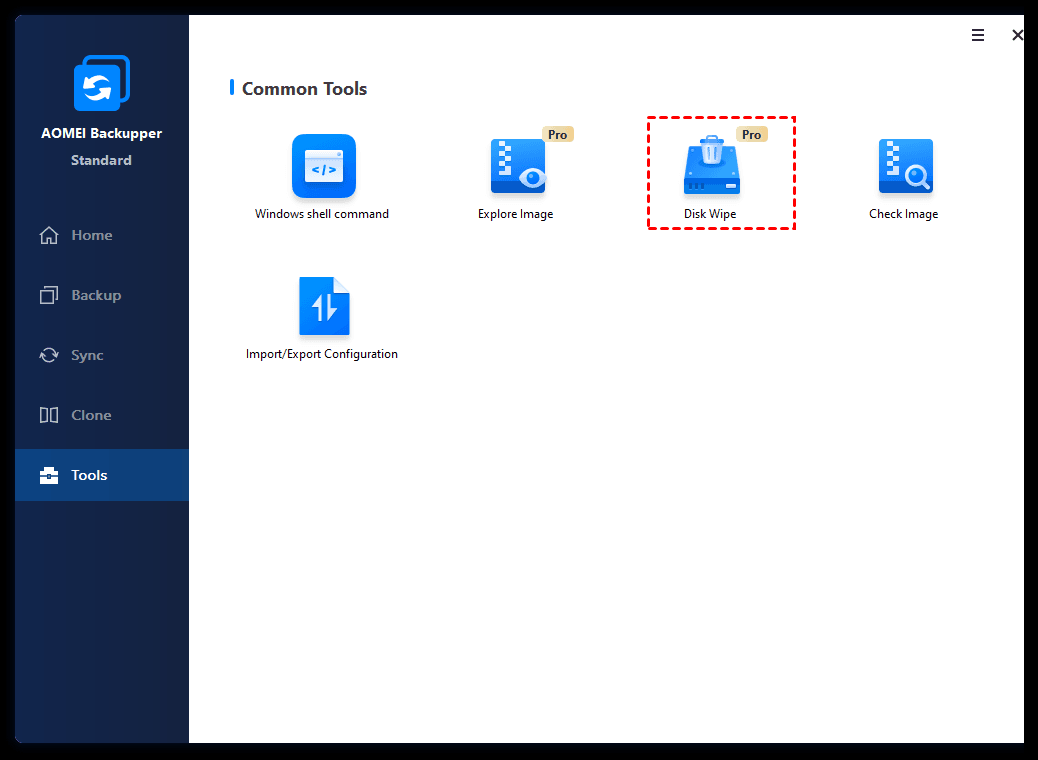

- #Gdisk wipe boot disk windows 10 how to
- #Gdisk wipe boot disk windows 10 install
- #Gdisk wipe boot disk windows 10 drivers
- #Gdisk wipe boot disk windows 10 Pc
- #Gdisk wipe boot disk windows 10 license
Using the tool to create installation media: For tips on locating your product key, check Find your Office 2010 product key or Enter the product key for your Office 2007 program.
#Gdisk wipe boot disk windows 10 install
If you have Office 2010 or earlier and choose to perform a clean install of Windows 10, you will need to locate your Office product key.
#Gdisk wipe boot disk windows 10 how to
For more information, check How to upgrade to Windows 10 on new devices that include Office 365. To redeem your copy of Office, please see Download and install Office 365 Home, Personal, or University on your PC. If you just purchased a new device that includes Office 365, we recommend redeeming (installing) Office before upgrading to Windows 10. For more info, go to the Volume Licensing Service Center. Windows 10 Enterprise isn’t available in the media creation tool.
#Gdisk wipe boot disk windows 10 Pc
To check what edition you're currently running, go to PC info in PC settings or System in Control Panel, and look for Windows edition. You should also choose the same edition of Windows. To see what language you're currently using, go to Time and language in PC settings or Region in Control Panel. You'll need to choose the same language when you install Windows 10.
#Gdisk wipe boot disk windows 10 drivers
We also recommend going to the PC manufacturer's website for additional info about updated drivers and hardware compatibility. Make sure the PC meets the system requirements for Windows 10.

To check this on your PC, go to PC info in PC settings or System in Control Panel, and look for System type. You’ll create either a 64-bit or 32-bit version of Windows 10.
When burning a DVD from an ISO file, if you are told the disc image file is too large you will need to use Dual Layer (DL) DVD Media.Ĭheck a few things on the PC where you want to install Windows 10:. We recommend using a blank USB or blank DVD, because any content on it will be deleted. A blank USB flash drive with at least 8GB of space or blank DVD (and DVD burner) if you want to create media. Sufficient data storage available on a computer, USB or external drive for the download. An internet connection (internet service provider fees may apply). Using the tool to create installation media (USB flash drive, DVD, or ISO file) to install Windows 10 on a different PC (click to show more or less information)įollow these steps to create installation media (USB flash drive or DVD) you can use to install a new copy of Windows 10, perform a clean installation, or reinstall Windows 10.īefore you download the tool make sure you have:. It might take some time to install Windows 10, and your PC will restart a few times. Save and close any open apps and files you may be running, and when you’re ready, select Install. Select Change what to keep to set whether you would like to Keep personal files and apps, or Keep personal files only, or choose to keep Nothing during the upgrade. When Windows 10 is ready to install, you’ll see a recap of what you’ve chosen, and what will be kept through the upgrade. Your copy of Windows 10 will automatically activate later using your digital license. If you previously upgraded to Windows 10 on this PC and you’re reinstalling it, you don’t need to enter a product key. 
#Gdisk wipe boot disk windows 10 license
If you don't have a license to install Windows 10 and have not yet previously upgraded to it, you can purchase a copy here: Go to the Volume Licensing Service Center. For more information on Enterprise edition, All Windows 10 editions are available when you select Windows 10,Įxcept for Enterprise edition.
On the What do you want to do? page, select Upgrade this PC now, and then select Next.Īfter downloading and installing, the tool will walk you through how to set up Windows 10 on your PC. On the License terms page, if you accept the license terms, select Accept. You need to be an administrator to run this tool. We also recommend going to the PC manufacturer's website for any additional info about updated drivers and hardware compatibility. Note: Before you install Windows 10, check to make sure your PC meets the system requirements for Windows 10. If you are installing Windows 10 on a PC running Windows XP or Windows Vista, or if you need to create installation media to install Windows 10 on a different PC, see Using the tool to create installation media (USB flash drive, DVD, or ISO file) to install Windows 10 on a different PC section below. 
You need to reinstall Windows 10 on a PC you’ve already successfully activated Windows 10. You have a license to install Windows 10 and are upgrading this PC from Windows 7 or Windows 8.1.








 0 kommentar(er)
0 kommentar(er)
